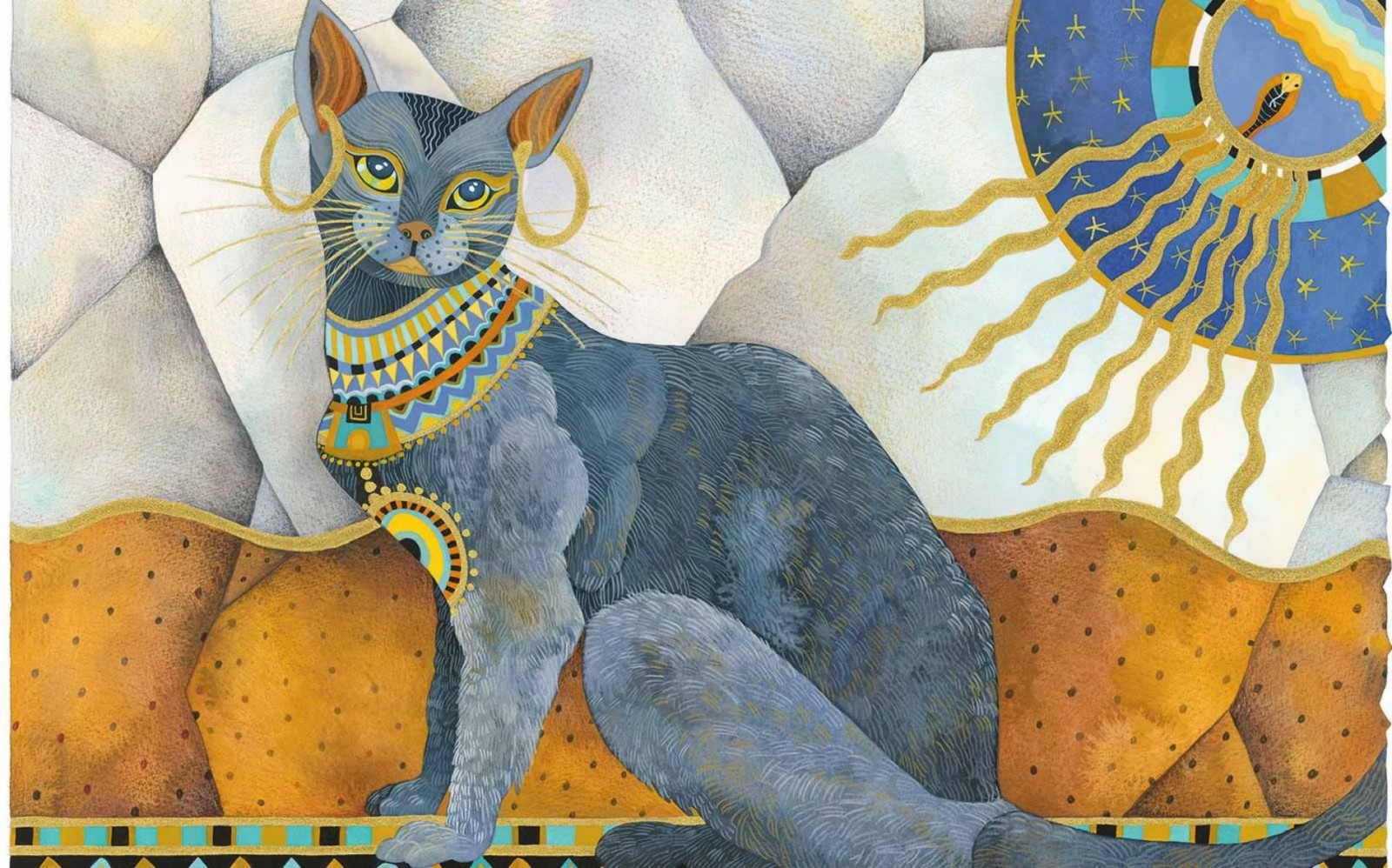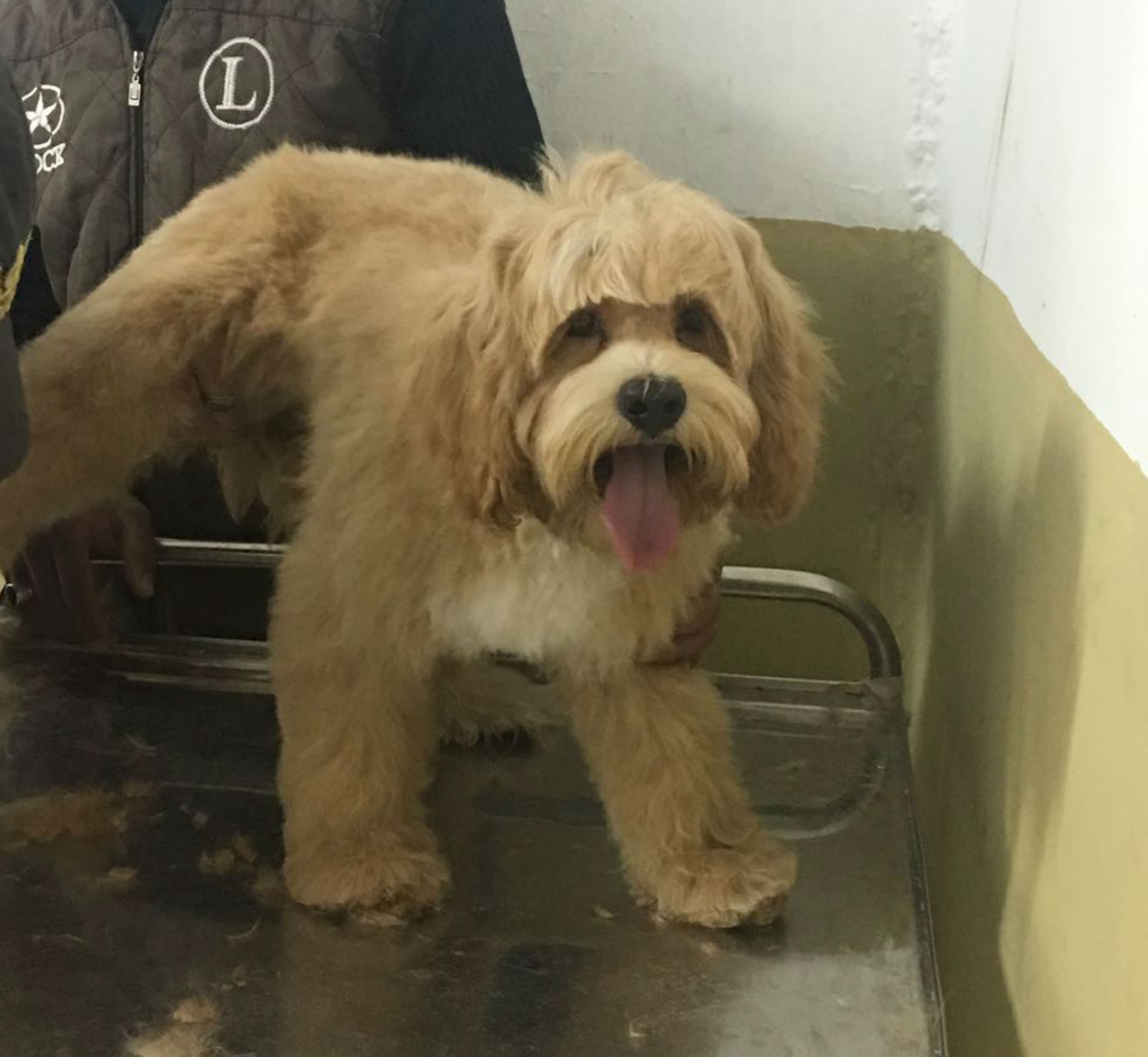PSA- We could improve conditions for animals in Egypt (and make the streets safer for ourselves too) by taking or supporting the following actions:
Spaying and neutering: This is one of the best things you can do for your animal. It has proven benefits for both health (reducing uterine infections, some forms of cancer, and increasing longevity) and behavior (females won’t go into heat, males are less likely to run away). Most of all, it can help to reduce the surfeit of stray animals that end up on the streets, often underfed, diseased, and even aggressive. Don’t have a pet? You can still support a TNR (trap, neuter, return) campaign: EVAC | TNR Maadi | TNR Zamalek. And no: it isn’t depriving little Fluffy or Mishmish of the ‘right’ to reproduce. They’re really much better off living a long and healthy life without the joys of parenthood.
Rabies reduction: With an estimated 15 mn stray dogs on our streets, it’s inevitable that more people are being bitten, sometimes with fatal results. Around 400k people in Egypt were bitten by dogs in 2017, up from 300k in 2014, and 231 people died last year from bite wounds, mainly as a result of rabies. In May, the Centers for Disease Control and Prevention (CDC) in the US issued a temporary ban on dogs imported from Egypt, citing rabies concerns. How can we help to reduce new cases of rabies? Support vaccination schemes. Support TNR initiatives. Only support vets who follow all the vaccination rules.
Adopt Don’t Shop: The less we support shops that keep animals in poor conditions so they can sell them, the less lucrative the industry will be. Plus, the world is full of beautiful animals looking for a clean, kind home to go to. Read about why baladi dogs are finally getting some of the love they deserve, what it’s like to adopt an Egyptian street cat, and every animal welfare story imaginable by the Dodo. No, we’re not crying. You’re crying.













